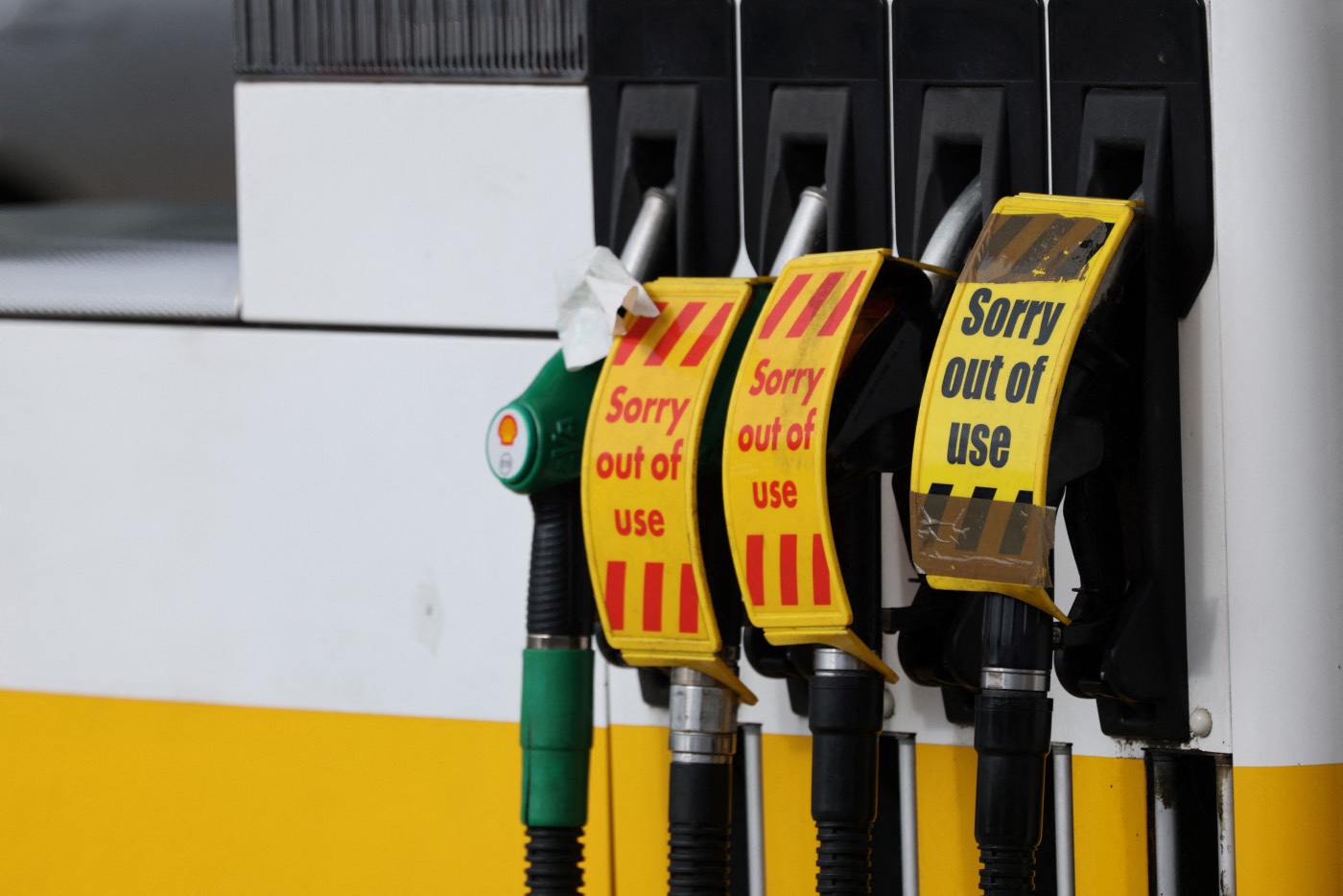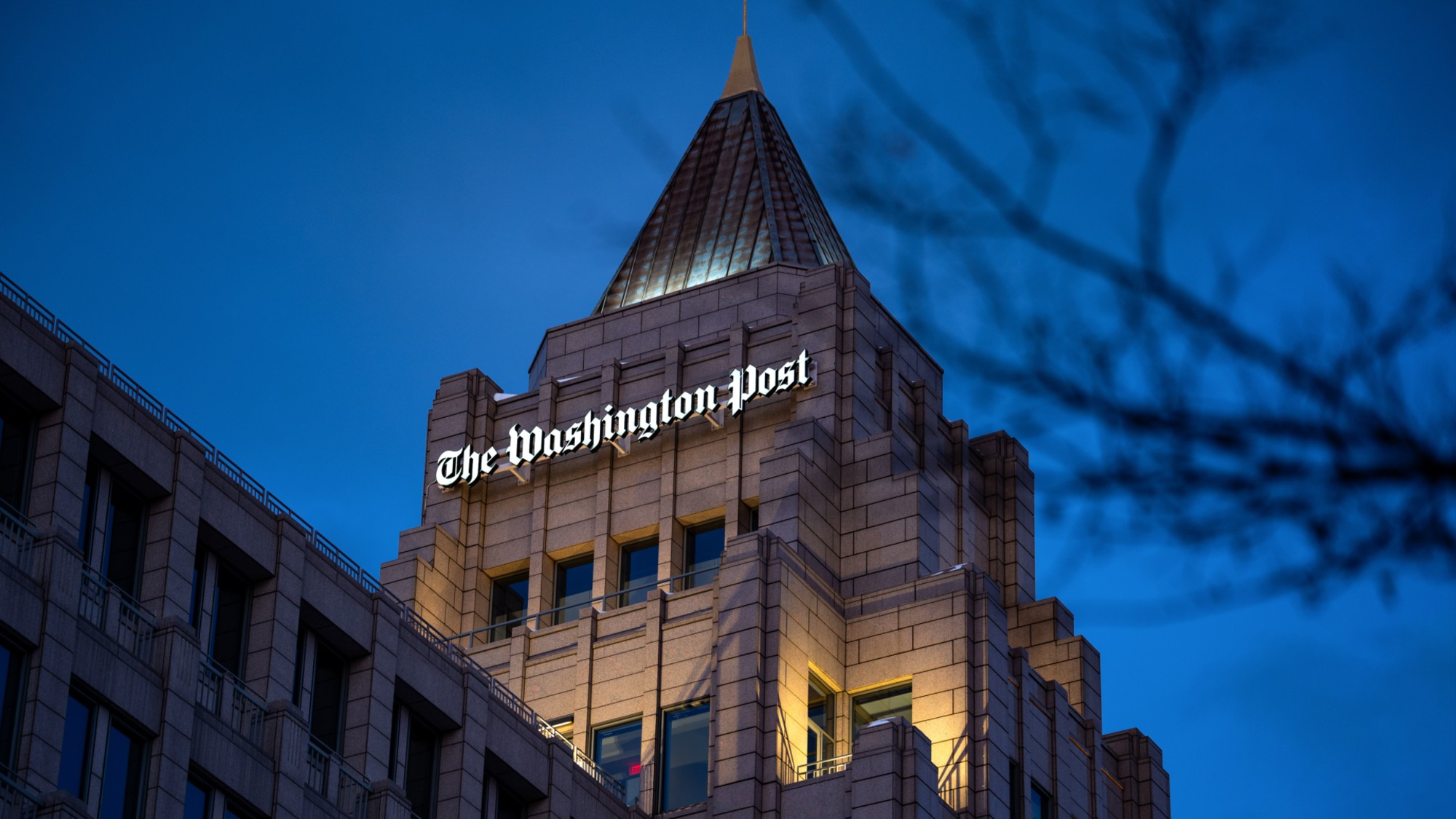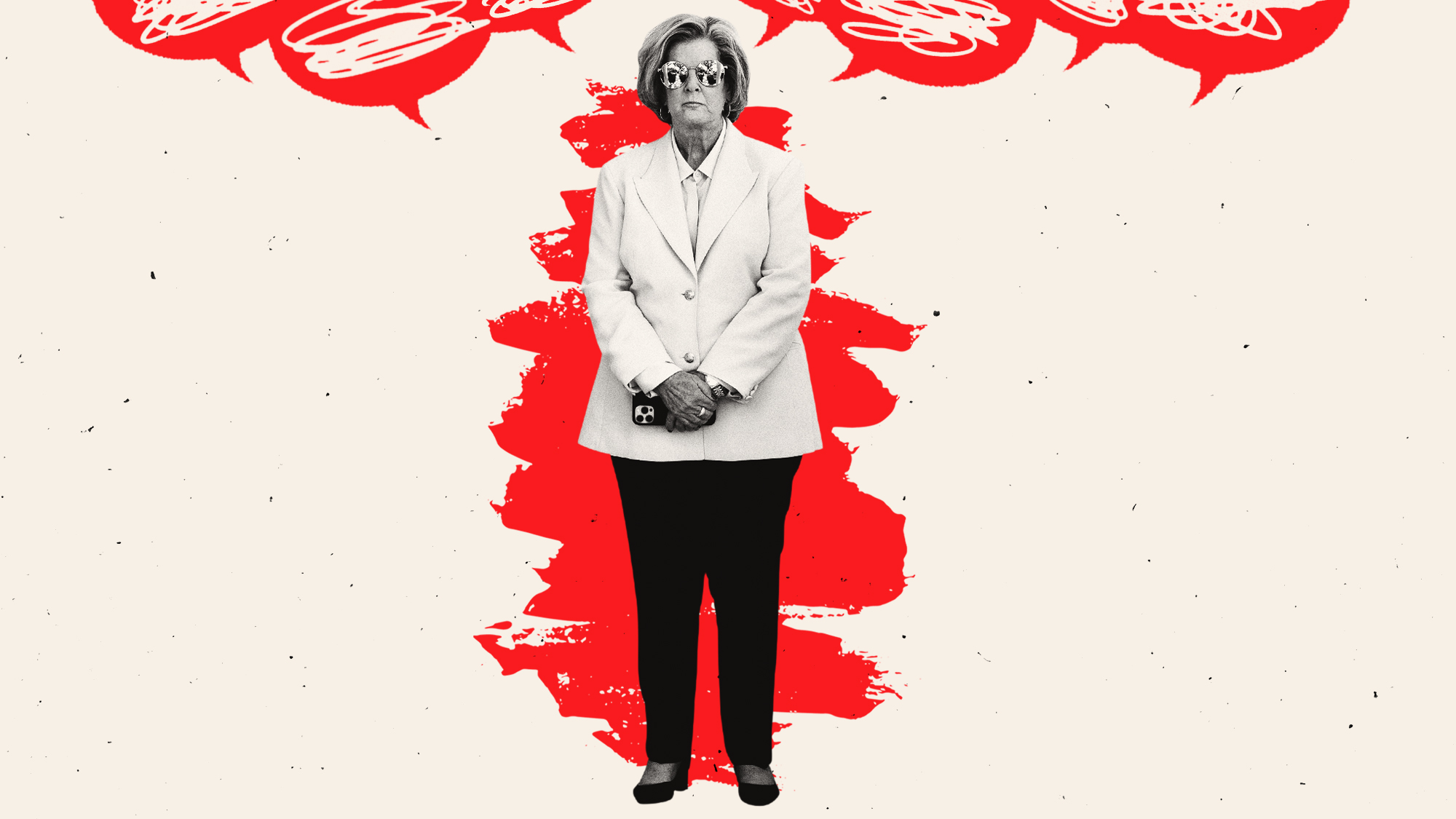Is the fuel crisis over?
Government sparks anger with claims that shortages are now resolved

A free daily email with the biggest news stories of the day – and the best features from TheWeek.com
You are now subscribed
Your newsletter sign-up was successful
Downing Street has been accused of “gaslighting the public” by insisting that the UK fuel shortages problem has been resolved.
“That crisis is now absolutely something which is back under control,” said Simon Clarke, chief secretary to the Treasury, referring to the long queues outside some petrol stations earlier this week. “The most important message is the resilience of the fuel supply chain is improving.”
Business Secretary Kwasi Kwarteng also offered an optimistic assessment. Data suggests the fuel crisis is “stabilising”, he told Sky News, with forecourt stock levels rising in all parts of the UK.
The Week
Escape your echo chamber. Get the facts behind the news, plus analysis from multiple perspectives.

Sign up for The Week's Free Newsletters
From our morning news briefing to a weekly Good News Newsletter, get the best of The Week delivered directly to your inbox.
From our morning news briefing to a weekly Good News Newsletter, get the best of The Week delivered directly to your inbox.
Chaos continues
The picture painted by the ministers is at odds with that presented by news outlets including The Guardian, which reported that nearly half of all independently owned petrol stations in the UK were still dry or out of one type of fuel on Thursday.
The Petrol Retailers Association, which represents 65% of the UK’s 8,380 forecourts, said yesterday that 27% of its members were reporting that they had run out of fuel and a further 21% were out of at least one grade, such as diesel or unleaded petrol.
A petrol station owner in Surrey has also challenged the government’s claim. “It’s like they are gaslighting the public,” he told The Telegraph. “It was chaos [on Wednesday], it was chaos [on Thursday], and it will be chaos [on Friday].”
A free daily email with the biggest news stories of the day – and the best features from TheWeek.com
Turning the corner?
According to The Times, the crisis does appear to have been resolved in some parts of the country – but is still raging in others. An analysis of internal Whitehall data by the newspaper suggested that the situation is improving in northeast England, Yorkshire, Scotland and Wales, but added that other “large areas” were still suffering “significant shortages”.
Whitehall categorises each region as red, amber or green. Its analysis found that in England, London, the southeast, the northwest, and the west and east Midlands are rated red, with levels of less than 20%.
However, Northern Ireland is green, Scotland is amber but approaching green, and Wales, northeast England and Yorkshire and the Humber have moved from red to amber.
The AA is maintaining an upbeat tone, telling The Telegraph that signs that the number of drivers stranded without fuel had fallen sharply. “We believe we have turned the corner,” said Edmund King, president of the motoring organisation.
Don’t panic
The Times also reported that the government has instructed councils not to use the word “panic” when discussing the fuel crisis. Leaked documents show that local authorities are being encouraged to use alternative phrases such as “filling up earlier than usual” and “changed patterns in demand”.
The Petrol Retailers Association said it “would urge drivers to maintain their buying habits and only fuel up as and when needed to ensure there is plenty of fuel to go around”.
Chas Newkey-Burden has been part of The Week Digital team for more than a decade and a journalist for 25 years, starting out on the irreverent football weekly 90 Minutes, before moving to lifestyle magazines Loaded and Attitude. He was a columnist for The Big Issue and landed a world exclusive with David Beckham that became the weekly magazine’s bestselling issue. He now writes regularly for The Guardian, The Telegraph, The Independent, Metro, FourFourTwo and the i new site. He is also the author of a number of non-fiction books.
-
 Nepal’s fake mountain rescue fraud
Nepal’s fake mountain rescue fraudUnder The Radar Arrests made in alleged $20 million insurance racket
-
 History-making moments of Super Bowl halftime shows past
History-making moments of Super Bowl halftime shows pastin depth From Prince to Gloria Estefan, the shows have been filled with memorable events
-
 The Washington Post is reshaping its newsroom by laying off hundreds
The Washington Post is reshaping its newsroom by laying off hundredsIn the Spotlight More than 300 journalists were reportedly let go
-
 Why is Tulsi Gabbard trying to relitigate the 2020 election now?
Why is Tulsi Gabbard trying to relitigate the 2020 election now?Today's Big Question Trump has never conceded his loss that year
-
 Will Democrats impeach Kristi Noem?
Will Democrats impeach Kristi Noem?Today’s Big Question Centrists, lefty activists also debate abolishing ICE
-
 The high street: Britain’s next political battleground?
The high street: Britain’s next political battleground?In the Spotlight Mass closure of shops and influx of organised crime are fuelling voter anger, and offer an opening for Reform UK
-
 Do oil companies really want to invest in Venezuela?
Do oil companies really want to invest in Venezuela?Today’s Big Question Trump claims control over crude reserves, but challenges loom
-
 What is China doing in Latin America?
What is China doing in Latin America?Today’s Big Question Beijing offers itself as an alternative to US dominance
-
 Why is Trump killing off clean energy?
Why is Trump killing off clean energy?Today's Big Question The president halts offshore wind farm construction
-
 Why does Trump want to reclassify marijuana?
Why does Trump want to reclassify marijuana?Today's Big Question Nearly two-thirds of Americans want legalization
-
 Why does White House Chief of Staff Susie Wiles have MAGA in a panic?
Why does White House Chief of Staff Susie Wiles have MAGA in a panic?TODAY’S BIG QUESTION Trump’s all-powerful gatekeeper is at the center of a MAGA firestorm that could shift the trajectory of the administration